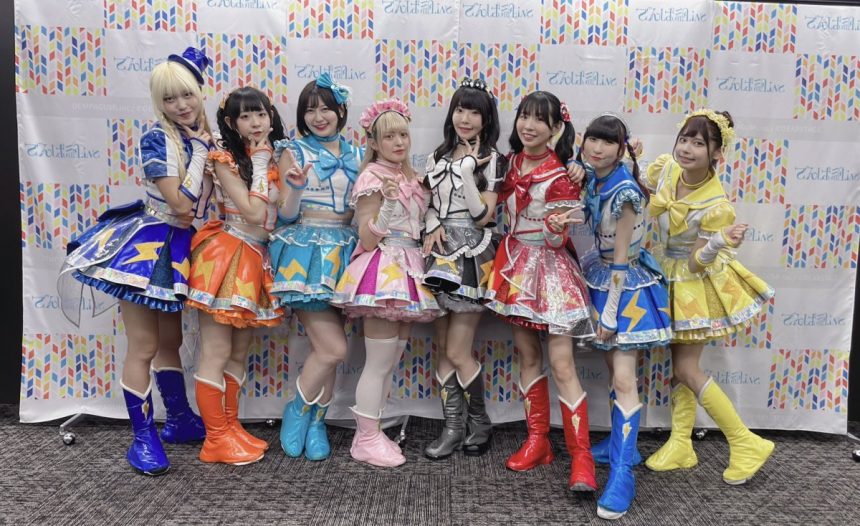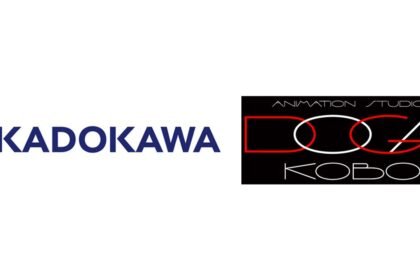Denpa music is a unique and vibrant genre that has gained popularity in Japan and captivated audiences worldwide. It is known for its quirky melodies, playful lyrics, and unconventional vocal styles. In this article, we will embark into the world of Denpa music, exploring its origins, characteristics, and its significant presence in anime and pop culture. We will also examine the diverse subgenres within Denpa, the dedicated fan communities it has spawned, and the global reach of this captivating genre.
The Quirky and Lively Sound of Denpa Music
Denpa music is characterized by its lively and eccentric sound, setting it apart from other genres. The melodies are upbeat and catchy, featuring a mix of electronic and acoustic elements that create an energetic and playful atmosphere. The lyrics are whimsical and humorous, often incorporating wordplay, puns, and references to otaku culture. Denpa also embraces unconventional vocal styles, with artists frequently employing exaggerated high-pitched voices to add to the genre’s distinct charm. Sound effects like boings, squeaks, and electronic distortions further contribute to its whimsical and offbeat nature.
Denpa Music in Anime and Pop Culture
Denpa music has become an integral part of anime culture, with many anime series featuring this music genre as their opening or ending themes. These songs capture the essence of the show, creating a strong association between the music and the visuals. Memorable Denpa music moments in anime have left lasting impressions, becoming iconic and synonymous with the series itself. Its popularity extends beyond anime, influencing other genres and media. Its catchy melodies and playful lyrics find their way into video games, commercials, and even internet memes. Additionaly, its ability to evoke joy and lightheartedness makes it a favorite among fans and an essential component of pop culture.
Further reading: Anisong: The Melodious Soundtrack of Anime
Denpa Music Artists and Subgenres
The Denpa music scene boasts a diverse range of artists who have contributed to the genre’s growth and evolution. Pioneers like Kyary Pamyu Pamyu and Dempagumi.inc have gained international recognition for their unique style and vibrant performances. These artists have paved the way for various subgenres within Denpa music, each with its own distinct characteristics. For example, “Gurokawaii” combines Denpa music with grotesque and dark themes, creating a juxtaposition of cute and disturbing elements. “Moe Denpa” focuses on the cute and moe aspects of Denpa music, often featuring sweet and innocent lyrics. The diversification of the genre allows artists to explore new sounds and themes, ensuring the genre remains fresh and exciting for fans.
Denpa Music and Fan Culture
Denpa music has cultivated a dedicated fan base, with enthusiasts forming communities and organizing events to celebrate the genre. Fan conventions like Denpa Matsuri bring together fans, artists, and industry professionals, providing a platform for performances, discussions, and merchandise. Denpa music has also become intertwined with meme culture, with viral Denpa music videos and songs gaining widespread attention online. Fans actively participate in creating Denpa-inspired content, such as dance covers, fan art, and remixes, further contributing to the genre’s popularity. The fan culture surrounding Denpa music fosters a sense of belonging and camaraderie among enthusiasts, creating a vibrant and supportive community.
Criticisms and Controversies Surrounding Denpa Music
Denpa music is not without criticisms and controversies. One challenge is the cultural and linguisticchallenges in translating Denpa music, as the lyrics often contain wordplay and cultural references that may be difficult to convey accurately in other languages. Some critics also point out the repetitive nature of the genre, with similar themes and musical elements appearing in many Denpa songs. However, fans argue that this repetition is part of the genre’s charm and serves as a unifying factor among different songs. Additionally, Denpa music occasionally touches on controversial or sensitive topics, sparking discussions about social issues and cultural representations. It is important to acknowledge and engage with these discussions to foster a more inclusive and diverse Denpa music scene.
Denpa Music’s Global Reach and Future Prospects
Denpa music has gained world-wide recognition and has a growing fan base outside of Japan. Its catchy melodies, upbeat nature, and unique style resonate with listeners worldwide. As the global interest in Japanese music continues to grow, Denpa music holds the potential for cross-cultural collaborations and fusions. Artists from different countries can incorporate Denpa elements into their music, creating exciting new sounds and expanding the genre’s reach. With ongoing innovation and experimentation, the future of Denpa music looks promising, and it will continue to captivate audiences with its infectious energy and whimsical charm.
Conclusion
Denpa music is a captivating genre that embraces quirkiness, playfulness, and creativity. Its lively melodies, catchy lyrics, and unconventional vocal styles make it a unique presence in the music industry. From its origins in Japan, it has established a strong fan base and influenced various forms of media. As the genre evolves and diversifies, it remains an exciting and vibrant part of pop culture. Whether you’re a dedicated fan or a curious newcomer, exploring the world of Denpa music is sure to be a delightful and enchanting journey.













